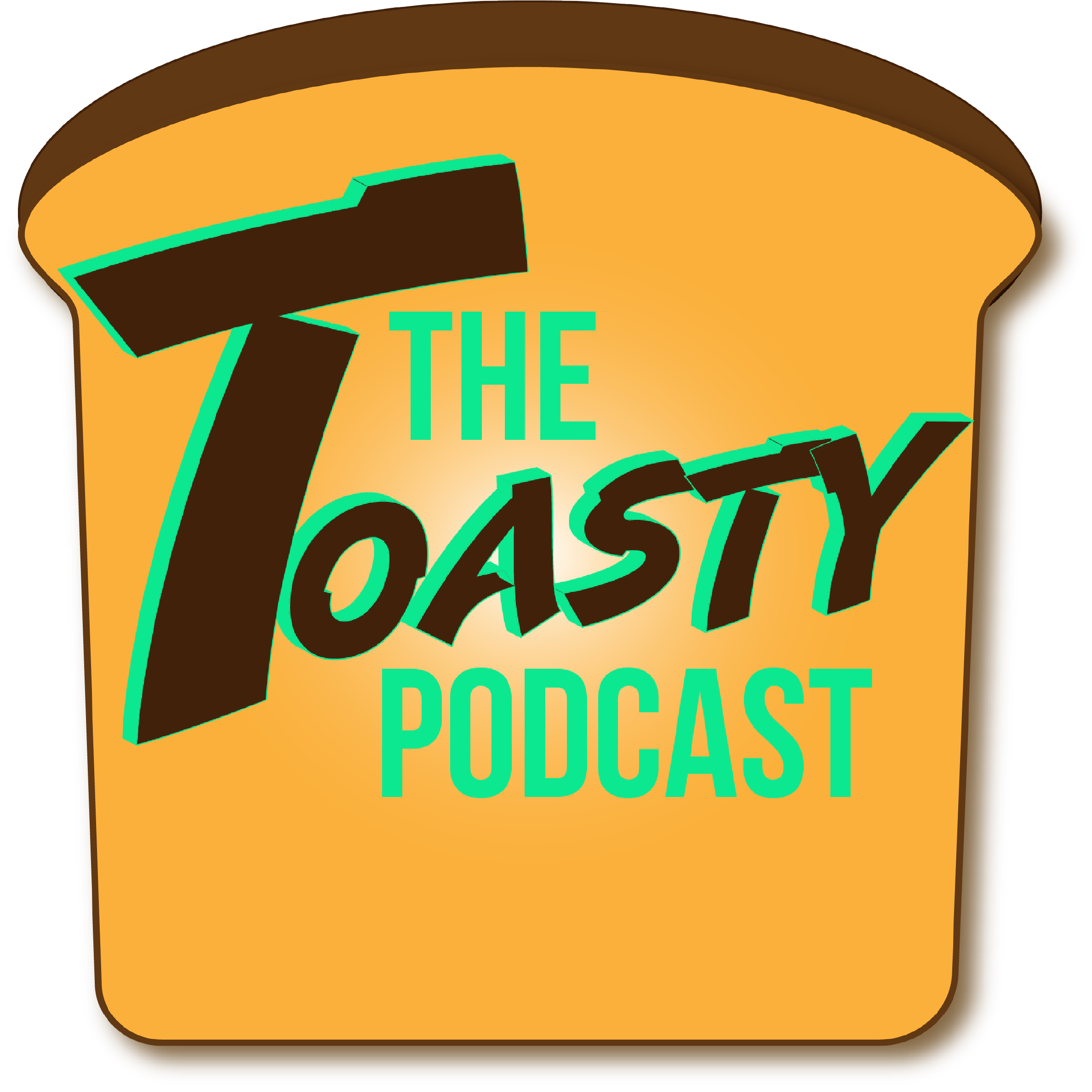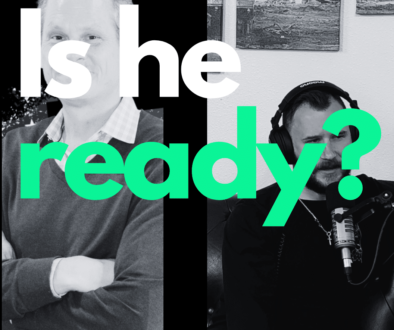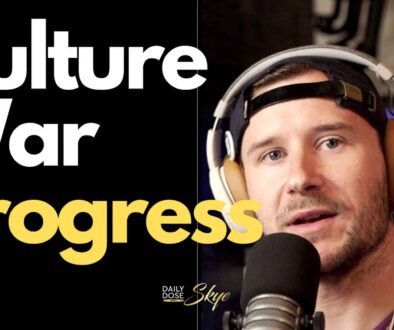What is an ETF
What’s up toasters! My name is Skye and this is The Toasty Podcast where I talk about all things investing and try to give you guys the real story behind the stock markets right now.
Today, I want to dive into ETFs as if I haven’t said that acronym a lot already I’m going full blast on it right now!
Later we’ll talk about what a Hedge Fund is because to be honest I’m not sure many of you know what’s going on under the hood when it comes to these mysterious little creatures.
All we know is the people that create them seem to be doing pretty dang well so lets find out why.
Anyway, without further ado sit back relax and let’s get Toasty!
Instagram: @therealskyeday
Twitter: @toastyskye
Email: skye.tday@gmail.com
Toasty Affiliates:
BlueHost Website Hosting || Audible || Amazon || BluBrry Podcast Hosting
ETF Explained
I’m so freaking excited for this year guys it’s insane! I love the energy I’m getting from everyone around me right now and it really makes me think this year is a big one for me and the content I create.
What better way to get going than to give you guys a podcast using a new format. I’ve realized and heard from many people — and when I say many it really means the 12 listeners I have — that my podcast episodes just aren’t long enough. And…like wildly inconsistent in length.
So heres to giving you a more professional and lighthearted podcast about investing. I’m going to start off each podcast with an easy entry level topic and then I’ll move into something that might be of interest to the guys that already know most of the basics…call it a history lesson if you will
This way I can offer something for everyone because that’s what it’s all about. Let’s get to it
ETF stands for Exchange Traded Fund. It’s similar to a mutual fund. I mean it is traded on the stock market as a group of stocks or companies that you would invest in. The difference is that a mutual fund is not a stock ticker. I can’t trade it every second of the day. When I buy a mutual fund share it might be traded whenever the fund manager decides to do it. We talked about this before on one of my earlier podcasts.
So the ETF is traded like a normal stock then?
Yes Bro. Yes
What that means for you is that you can see the price at all times. This is good because at that point you compare the price to what the PE Ratio and all that stuff is that you might look up for a normal stock. What you’re doing now is getting a group of stocks and finding out what the value is without going to each one individually. What a time saver! There are a lot of ETFs out there that don’t cost anything in commission, which is nice. Mutual funds will usually have more costs associated with them.
These are the basics of the ETF
It was created as a way for an investor to pick out a basket of stocks. Be it in the finance sector, the Tech sector or a basket that’s labeled as John Doe’s Theme One. This is one of the best things about ETFs because they are more personal usually than a mutual fund could be. Meaning the guy that created it could have wanted all the stocks that start with an A and put it in an ETF. Yes that’s an exaggeration but you feel me.
Stonks or ETF?
And normally it is just that….stocks. So you’re never torn between which one you want based on more than one asset. You can have more than one ETF so you get one thats stocks and one that might be something different like bonds.
In recent years ETFs have gained a lot of traction because of its easy-to-use Style. People love that about them because the individual investor can buy an ETF and be diversified; while also not having to worry about it and let it chill. This is where the index fund came into play. Essentially it’s an ETF just like these others created for diversification but this ETF theme so to speak is the overall index like the Dow Jones or the S&P 500 or whichever index you want to follow
The most common and most popular one is the S&P 500 Index Fund. The word fund is thrown around a lot and might confuse you it’s still an ETF though fund simply means the gathering of different types of investments or investors.
The ETF was invented in the early 90s making way for a new type of passive diversified fund that was essentially a copy of an index. It was a phenomenon that was some what started by ya boi John Bogle who created the first public Index Fund. As you can probably imagine creativity in finance hasn’t really changed. He called it The First Index Investment Trust and started with around 11 million in assets under management. Later on he founded The Vanguard Group. What a time to be alive.
Since then the ETF has grown so big that it’s easy to confuse them with Mutual-Funds as some of them boast over $1 trillion in assets under management.
But Still…
ETFs are still, for the most part, managed by a person or company. I think the attractiveness simply comes from the low cost of entrance and low expense ratios they offer. Personally, in my 401(k) that’s matched by my employer, I use ETFs exclusively. But I also have 4 more investment accounts so what I do in a single account might differ from you.
{break}
We’re back on The Toasty Podcast…now I wanna go into something that may not normally cross your mind. Or maybe you just kinda write it off because it’ll never be your thing.
In any case I think it’s important to understand all aspects of the stock market. Who knows, it might indirectly affect you as a individual investor. Here’s your toasty description of hedge funds.
A hedge fund by definition is a group of investors that pool their money together to (hopefully) realize greater returns. Sounds dope af am i right?
You may hear about the “investor pioneers” of the world and see that they, at some point, started a hedge fund. This to me just seems like a fancy name and agenda to say one guy got together with his buddies and decided to make more money than they would individually. Now all of the sudden it’s labeled as a hedge fund and it gets tons of publicity because of it….but why?
Hedge funds are inherently exclusive simply because they normally aren’t public and they also don’t just take clients in. Usually that’s how these places make their money. In this case the hedge fund is actually set up to make money by actually trading in the markets. Who would have thought. By now you’re probably thinking this is just a glorified Mutual Fund and for the most part you’d be right. This is just about where the similarities have to end. As they say there’s an end to everything and behind closed doors things just seem different.
(do they say that?)
While a Mutual Fund might have average joe clients like you and I, a hedge fund is able to be crazy aggressive and more risky because of the investors it has. These people are ready for the rollercoaster (or should be) and this is why Hedge Funds are what end up on the big screen.
They can gain billions….and lose billions on a regular basis if they fail at their game. And for the most part…they do indeed fail. According to Benjimen Graham, who wrote The Intelligent Investor, there’s not a hedge fund on paper that has actually out performed the market when averaged year-over-year since about the 40s.
Whether this is true or not would take several hours of back testing…and THAT…does not interest me in the slightest. Here’s what I’ll say though…while the majority of hedge funds might not be as good as they look, there are ones that exist and do, in fact, succeed at their goal. When they succeed, they succeed by light years. Currently I’m in the middle of Ray Dalio’s book Principles of Life and Work.
What is an ETF according to Ray Dalio? Go here.
All that to say he created Bridgewater Associates which is an investment firm labeled as a hedge fund. Remember a hedge fund is just another name for a group of guys that wanted to invest big time. He created a computer model that he used to trade commodities back when commodities were still just the simple things in life like corn, wheat and livestock. When ranchers were ranchers and didn’t have to know the ins and outs of the IRS for their livelihood. By many Ray is one of the most, if not THE most successful hedge fund manager out there. But he certainly didn’t make it quick. And he also lost a lot of money doing it….most likely more money than most people make in a lifetime.
So hedge funds aren’t really for you and me as individual investors. Why do I need to this?
They trade stocks, currency, commodities markets just like some of you do. They affect the markets probably 100 times more than you do too. So it will pay you to know about them in current events. That doesn’t mean you have to get on twitter and follow all these billionaire hedge fund managers…that’d be idiotic and most likely toxic because it’s twitter.




